Retail Is Dead. Let’s Celebrate.
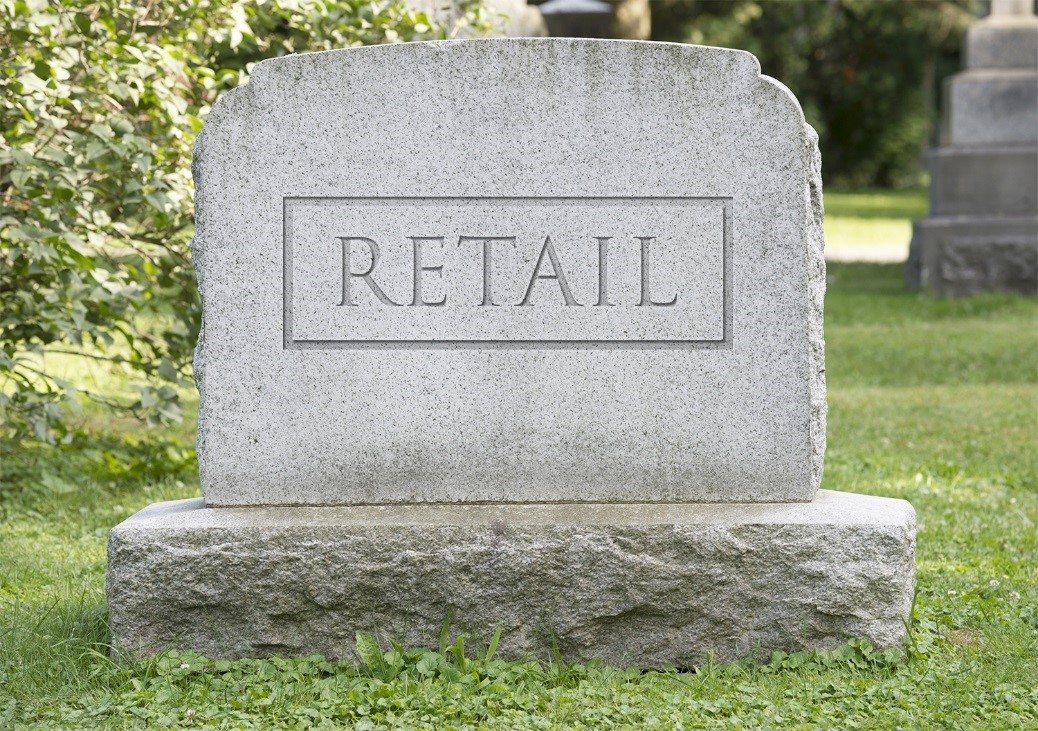
Retail has met its fate. If I never set foot in another store again, I’ll be just fine. Consumerism decays our society. It is the one sin that we all as Americans share — gluttony — and eradicating it is a step forward not backwards.
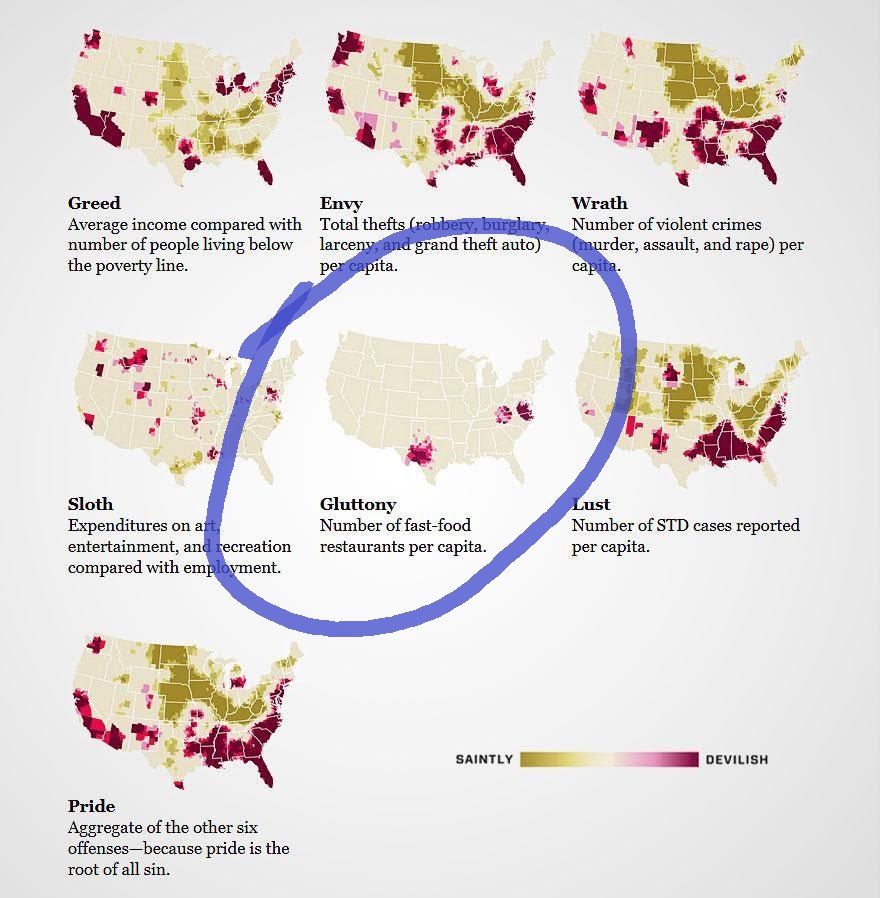
The 1980s to the 2010s was all about globalization. Driving down the unit cost of an item by driving a kid into the ground at a sweatshop in some far away dictatorial land. Or as an economist would put it, driving down the unit cost of labor. Technology has the same end goal in mind — driving down unit costs — but focusing on capital instead of labor. Of course we don’t live in a perfect world and there will inevitably be bad stories of technology’s impact. Occasional bad press is not a strong enough reason for why we should stick with the status quo. Humans will still be needed even in a tech driven world. The destination looks something like an Amazon warehouse with thousands of cobots and 3d printers, producing goods shipped by drones, all supervised by humans. And the sweatshop alternative looks far worse.
Department stores

I never got that fluttery feeling that others seem to get when they walk into a Macy’s or Bloomingdale’s. I see malls as black holes that trap you for hours. The sheer waste of time walking from store front to store front is a sugar high that I don’t need. And if I do need it, my thumb can probably get me the same dopamine hit about 100x as fast.
After I moved to New York City, I very quickly realized that I would much rather spend 5–10 minutes a week running across the street to a drop box returning Amazon packages than spending two hours going to a store (30 minutes commuting; 1 hour scouring a store only to find that something was out of stock; and then 30 minutes commuting back disappointed). Sorry Retail if I helped hurt your economics by taking advantage of your return policy but making the trek to a store in the City was not an experience that I desired.
I never worked in retail. It was never my first job. It did not get me financially through high school (though I do appreciate the role that it has served to greater society with that regard). I am not sure where the general public stands on stores. I would imagine there are still some attachments. I do know that the trends are favorable towards me, however.
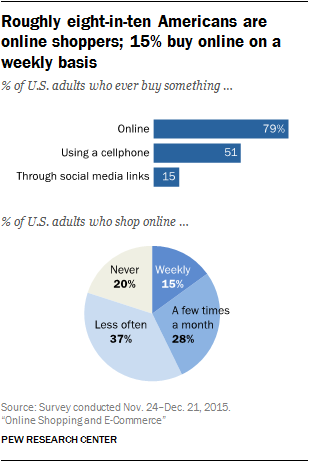
The future
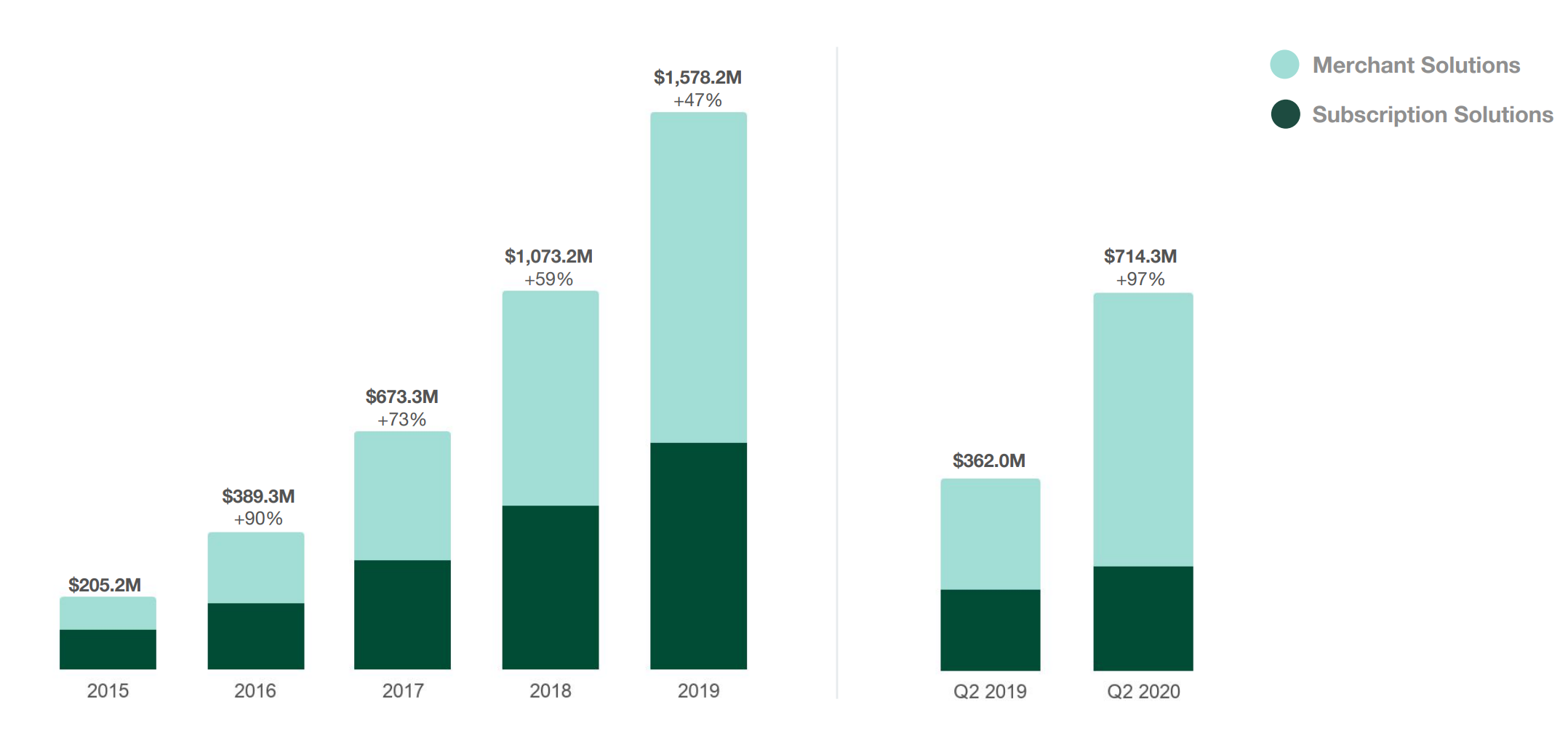
Today retail has two options, neither of which are brick and mortar: Amazon for big business and Shopify for small business. You can try and recreate the game but you will likely fail. Retail might think that they have scale, but they don’t.
The brick and mortar store is a warehouse that the consumer never really belonged in. Blockbuster taught us this lesson. SaaS was ahead of the curve, moving everything from on-premises to the cloud. While retail swapped CDs in favor for applications.
We now obviously have a new understanding of space. Malls sought a second life as entertainment centers. Then COVID hit, landing the final blow.
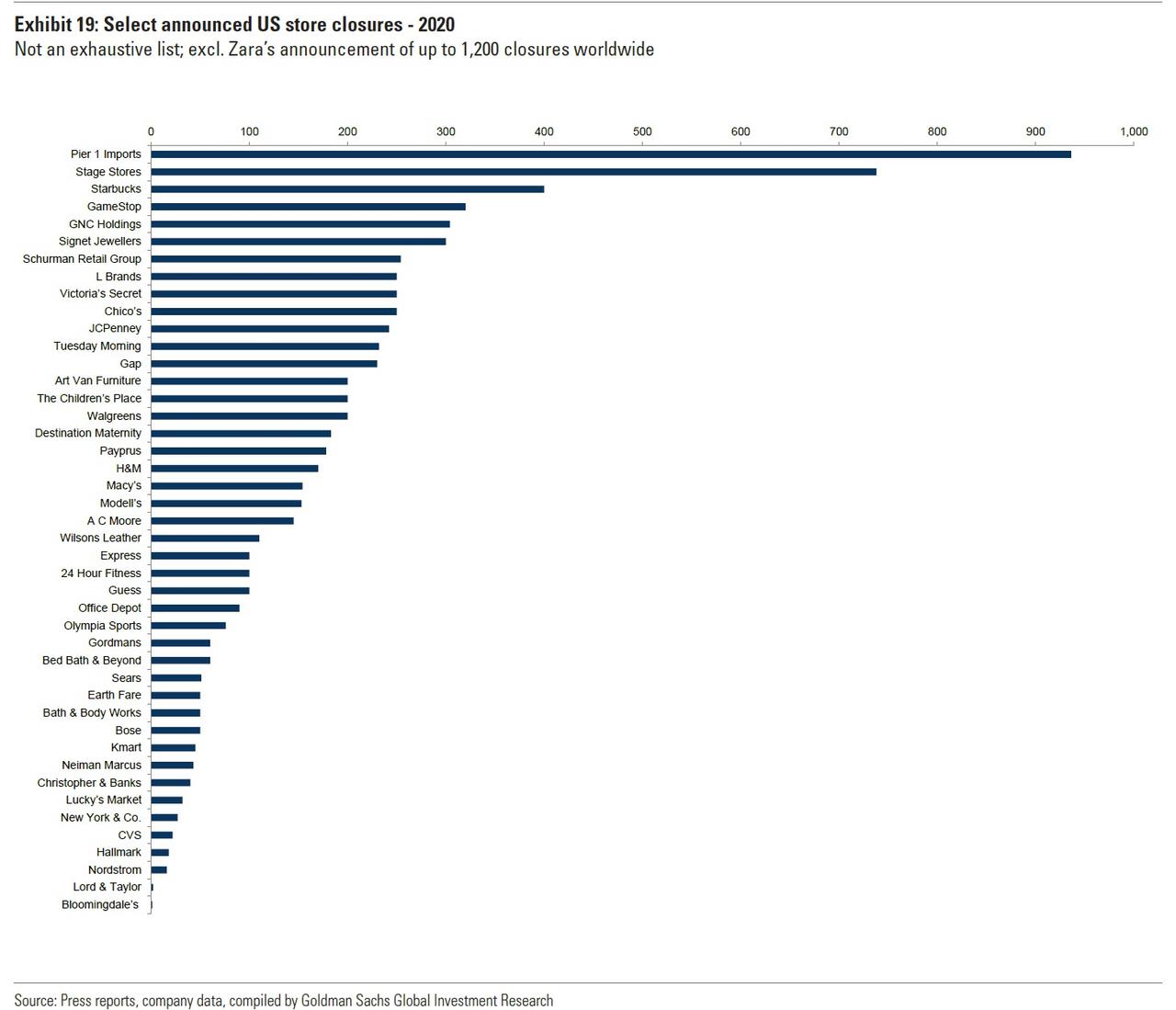
Suburban retail plazas full of chains will continue to get crushed. If anything, small, artisanal businesses will benefit, the same way that luxury books have a foothold over ebooks. People have enjoyed the large outdoor dining spaces created in New York City and San Francisco as a result of COVID. That might be something that sticks around given its grand success.
Almost surreal walking down this stretch of Smith Street, where several bars and restaurants have awesome setups and folks safely enjoying eating and drinking. Give me one good reason why cars should be driving down the middle of this? pic.twitter.com/8My66w89tS
— Marc Torrence (@marctorrence) July 5, 2020
Density, a technology company that measures how commercial space gets used, suggests that businesses have an office space utilization rate of only 40% and this is consistent globally. Companies like KettleSpace already started tackling the space issues in New York City a few years ago transforming empty restaurants into vibrant work spaces. WeWork has similar aspirations.
My hunch
This chart gets me every time: Internet shopping has grown more in the past 12 weeks than it did during the last decade pic.twitter.com/B3HiiYs51b
— Matt McGowan (@matt_mcgowan) July 25, 2020
I think the aggregate demand for commercial space will go down. Meaning, the number of places that we need to go to on a daily basis should shrink since more things are available online. Aggregate demand for residential space should go up, in part due to COVID and in part due to changing demographics.
Could there be a better use of brick and mortar? Could we use it as a green space in overcrowded cities? Dreams like these sadly don’t usually make it very far. Don’t wait for a Hanging Gardens, Amazon and Shopify are more likely to gobble up the remains. Consumerism isn’t exactly going away. If anything, it’s going into our pocket in the form of an iPhone. But the death of retail has at least allowed consumers to reconsider their habits, and focus more on health and wellness.
Well that’s all for now. About to go pick up groceries curbside at a grocery store. Because that is a better use of time than wandering around in COVID infected aisles. Not quite DTC but a solid hybrid option as grocery delivery services still iron out some kinks.
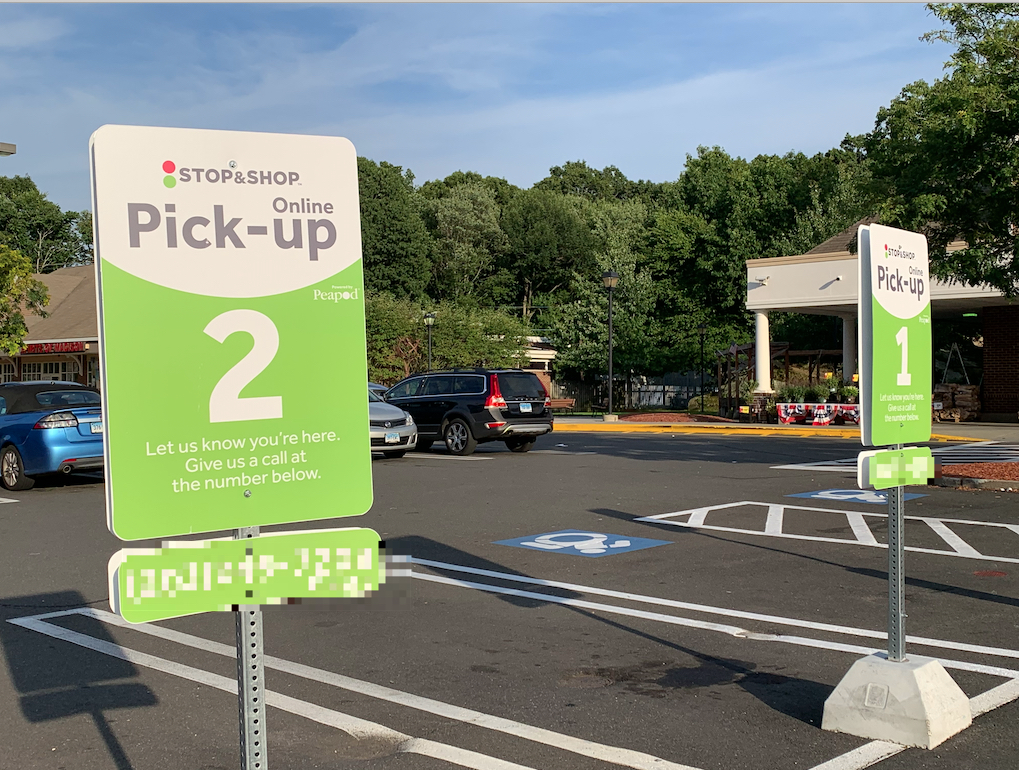
CB Insights just published a comprehensive list of all major retail bankruptcies since 2015. Check it out.

